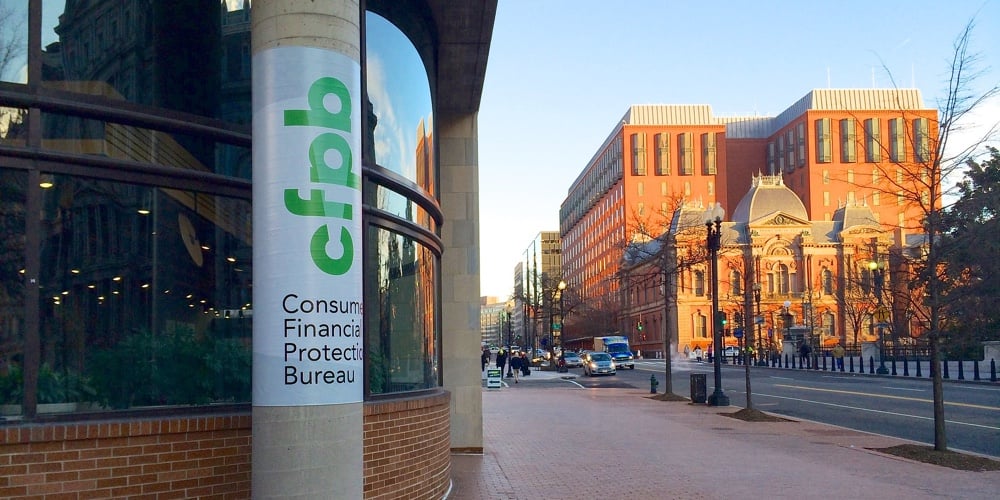Limiting fees is bad math—and even worse policy

Political attacks against legitimate financial fees continue to gain traction. It’s not surprising during an election year, but policies that lump in the cost of doing business with for-profit measures are incredibly bad for consumers. This war on financial fees is bad math and even worse policy, and America’s Credit Unions is committed to fighting it.
The Consumer Financial Protection Bureau (CFPB) and other agencies have been tasked with tackling fees, including those charged by financial institutions such as credit unions. The CFPB has already pushed through one of these fee limitations when it slashed credit card late fees in March and is currently working to do the same with other value-based programs consumers rely on.
The final rule passed by the CFPB requires credit card issuers with more than 1 million open accounts in the previous year to limit their credit card late payment fee to $8. The bureau tried to explain that this rule wouldn’t include most credit unions, but it’s not that simple.
For credit unions that exceed the exemption threshold, this rule cuts the amount they can charge for a late credit card payment below the costs of servicing that delinquent account. For credit unions under the threshold—likely smaller ones—they are now at a competitive disadvantage: Consumers may choose to use larger credit card issuers, knowing they will be charged a lower fee for a late payment.
The CFPB tried to wiggle around some pushback by adding a provision that allows large issuers to charge a higher fee if they “prove the higher fee is necessary to cover their actual collection costs.” However, that only adds more labor and paperwork for already overwhelmed compliance officers.
Credit unions aren’t charging credit card late fees to maximize revenue. Credit unions are not-for-profit financial cooperatives. They charge them to cover the cost of doing business. This rule only serves to punish those who pay on time with fewer products and services, now at higher costs, because of past-due payments from others.
The CFPB has also pushed forward a pair of proposals to limit non-sufficient funds (NSF) fees and overdraft fees. The bureau said its NSF proposal “would prohibit non-sufficient funds (NSF) fees on transactions that financial institutions decline in real time.” In our letter to the CFPB, we noted that the “discrepancy between the proposed regulatory action and the reality of credit union operations suggests a solution in search of a problem, rather than a measure designed to address a widespread issue.” However, that seems to be the bureau’s approach, as it applied similar logic to its overdraft fee proposal.
That proposal aims to cut overdraft fees to a limit as low as $3, with a similar roundabout exception to charge a fee that is equal to the costs incurred by the overdrafted account.
While everyone would prefer not to pay overdraft fees, it is a valuable service.
Notably, a survey from the Federal Reserve Bank of New York detailed that only 20 percent of respondents had overdrafted their account. Of those 20 percent, 84 percent knew about the fee. This clearly shows consumers know the outcome of overdraft usage but choose to use it because it’s a more affordable, convenient option than alternatives like payday loans or having a utility shut off.
Despite political arguments claiming all fees are “junk fees,” that’s just not the case. The math behind these efforts doesn’t add up. The bureau needs to focus on educating consumers and empowering credit unions to provide valued financial products and services instead of intervening in the market.

